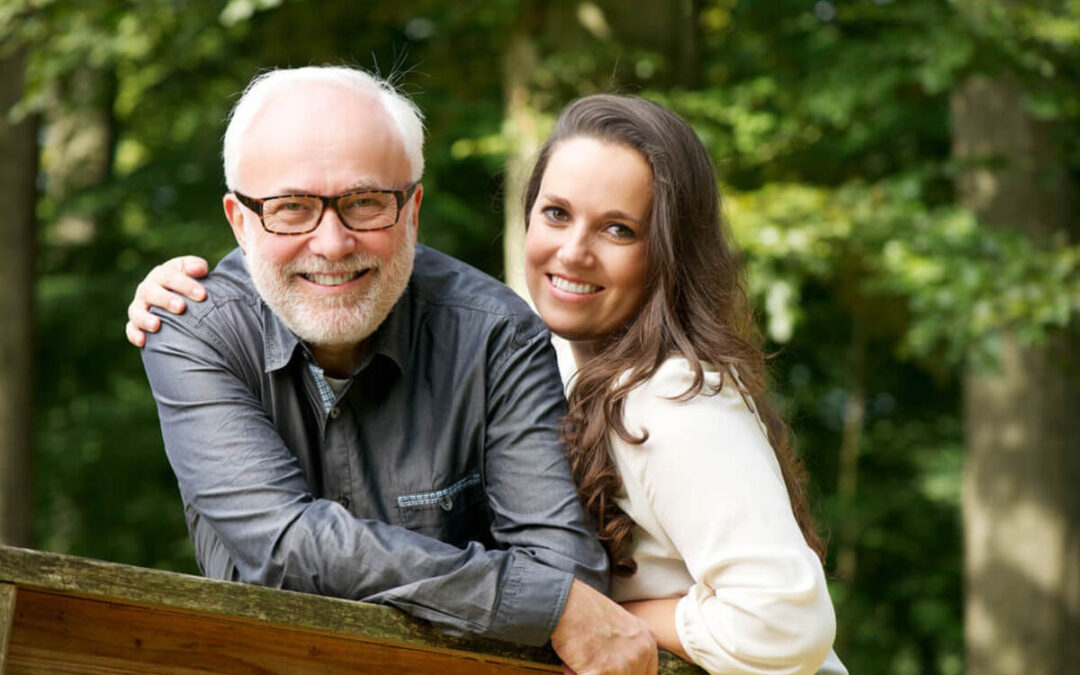Many people are seeking information on how to treat gingivitis because believe it or not, it’s surprisingly common. In fact, in a nationwide 2009 study on Periodontal Diseases in the Australian Adult Population it was found that 24% of people tested showed early signs of gum disease (gingivitis).
That’s all well and good, but what exactly is gingivitis?
In essence it’s a condition caused by a bacterial (plaque) build-up on the gums and although non-destructive, if left untreated, it can morph into full blown periodontal disease which may cause permanent long-term damage to your teeth and jaw. At this stage however, the good news is that any problems can usually be reversed as the connective tissue and bone that hold the tooth in place are not yet affected.
So how do you know if you’re showing signs of gingivitis?
Classic signs and symptoms of gingivitis include:
• Swollen, red or tender gums that may bleed when you brush
• Gums that may have receded or pulled away from the teeth giving them an elongated appearance
• A bad taste in the mouth or recurring bad breath
The problem is that because gingivitis is usually painless and has mild symptoms it’s pretty easy to ignore and people often do just that!
The advantages are that each treatment is tailored to your needs until the right degree of teeth whitening is achieved. But also because a hydrogen peroxide gel is applied to each tooth evenly, you’re far less likely to suffer from uneven whitening.
In-chair teeth whitening

Food particles trapped under the gums combine with bacteria to create plaque. This colourless film of sticky material then attaches itself to the tooth. If not removed the plaque hardens into something called calculus (tartar). Each day this contaminated crust grows. As it does so, it attacks the gums causing them to become irritated and this is why they often bleed when brushed.
How to treat gingivitis?
Remember that treatment for gingivitis is all about daily plaque control. If you don’t allow plaque to build up, it won’t cause any problems, simple! So the first step is to remove the problem. This is done chairside by your dentist/hygienist using techniques such as scaling and root planing. Doing so eradicates any troublesome tartar build up and promotes healing. In some cases your dentist may suggest an antibacterial mouthwash that you should use daily to help fight off any infection.
The next stage involves thorough and proper daily cleaning and flossing. Remember removing plaque is essential so you may want to increase the frequency and duration of your brushing, particularly after meal times. If you have problems flossing, then an alternative might be to invest in a water flosser or oral irrigator. There is evidence to suggest that gingivitis responds well to oral irrigators. They’re gentler than flossing as they shoot a small high-pressure stream of water which dislodges any remaining food particles from between teeth.
So, how long does it take to get rid of gingivitis?
Typically treatment for gingivitis takes somewhere between 10-14 days to reverse. However in some cases it may take longer. Even after proper gum disease treatment, conditions will continue to exist for several days, so you will need to be patient. However if after 2-3 weeks, you’re still showing signs of gingivitis, then it’s advisable that you speak to your dentist once again.
So there you have it…
Remember, if you do notice swollen or red gums or traces of blood when you brush then it’s a good indicator that you have gingivitis. In this instance it’s worth making an appointment with your dentist who will take a closer look and suggest a treatment plan.
If you’re seeking help in treating your gum infection, then look no further than Dental 266. We deliver gentle, patient-centred solutions that will have you back to full dental health fast. Call our friendly team and book an appointment on (02) 9051 0600 today.






